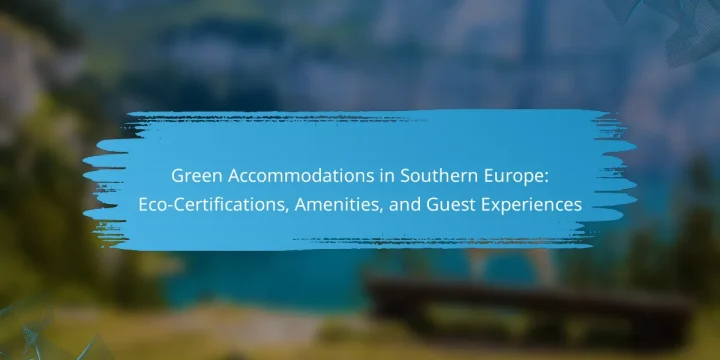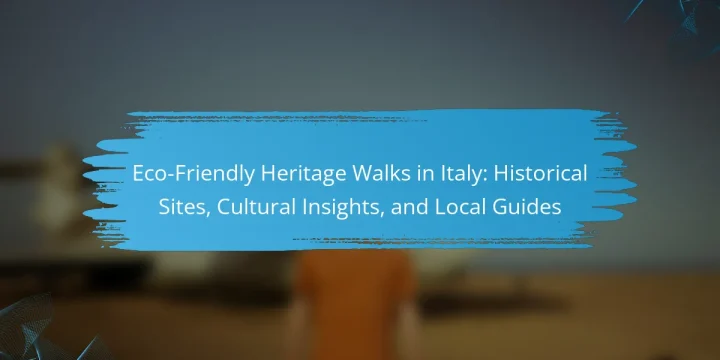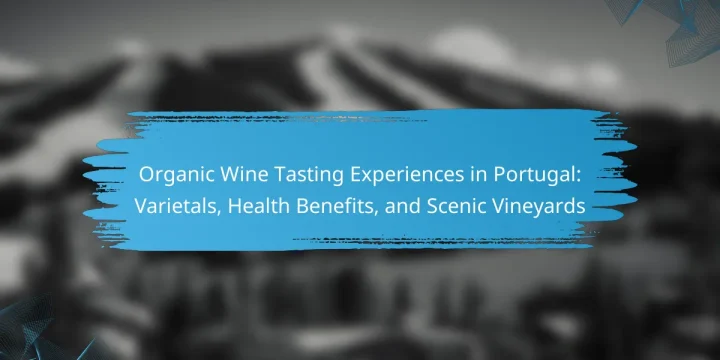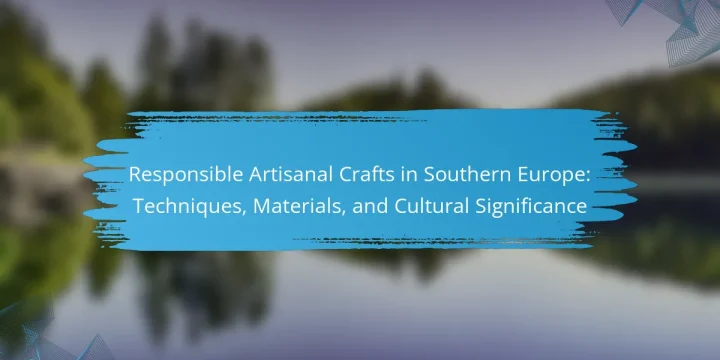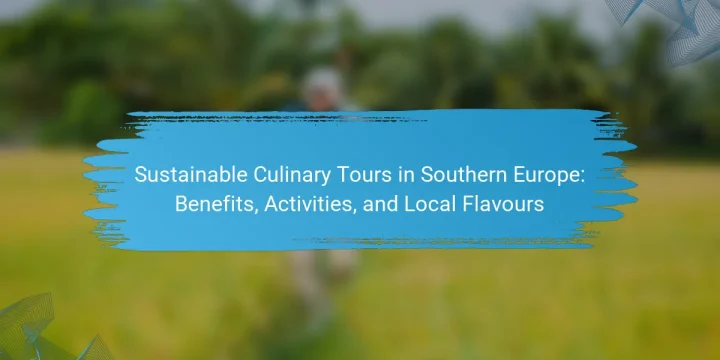
Sustainable culinary tours in Southern Europe promote local economies, preserve cultural heritage, and enhance environmental awareness. These tours include activities like farm visits, cooking classes, and wine tastings. Participants experience authentic local flavors while learning about sustainable practices. Challenges include limited options and varying quality standards, but careful planning can lead to rewarding culinary experiences. What are the key benefits of sustainable culinary tours in Southern Europe? Sustainable culinary tours in Southern Europe offer key benefits such as promoting local economies, preserving cultural heritage, and enhancing environmental awareness. These tours connect travellers with local farmers, chefs, and artisans, fostering authentic experiences. Participants enjoy fresh, seasonal ingredients while learning about sustainable practices. Additionally, these tours often support eco-friendly initiatives, reducing carbon footprints and encouraging responsible tourism. How do these tours support…

